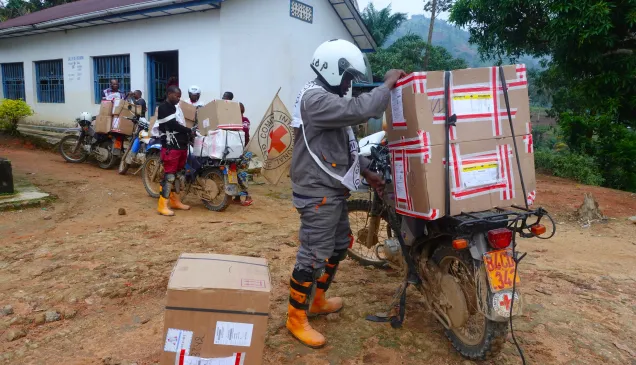"Originally we were using one-way communication: we were only communicating on the community's behalf. We had our own methods for evaluating programmes, which we would adapt based on what we thought we could contribute," said Paulin Bashengezi, the ICRC communications coordinator in the DRC. But with that approach, assistance sometimes did not meet people's needs.
DR Congo: A guide to community-focused humanitarian action
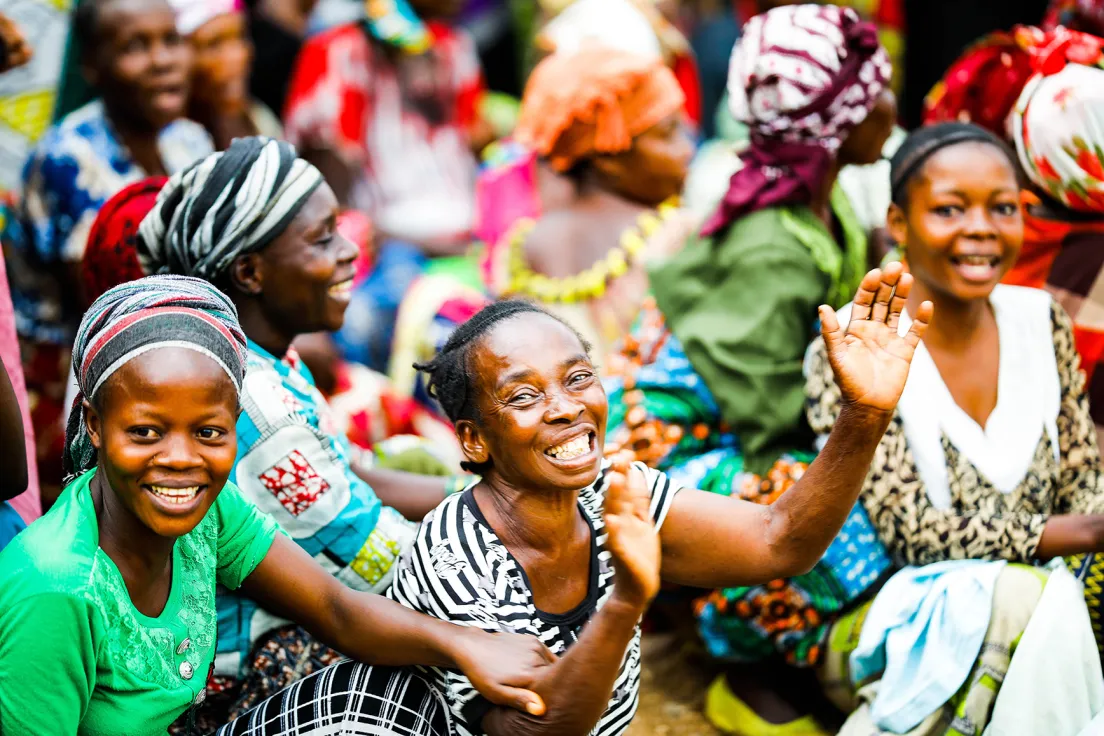
Whether it’s through participative theatre, radio plays, helpdesks, focus groups or football matches, the ICRC delegation in the Democratic Republic of the Congo (DRC) has explored a wide variety of ways to engage with communities. A new guide describes the delegation’s experiences and lessons learned over the past two years.
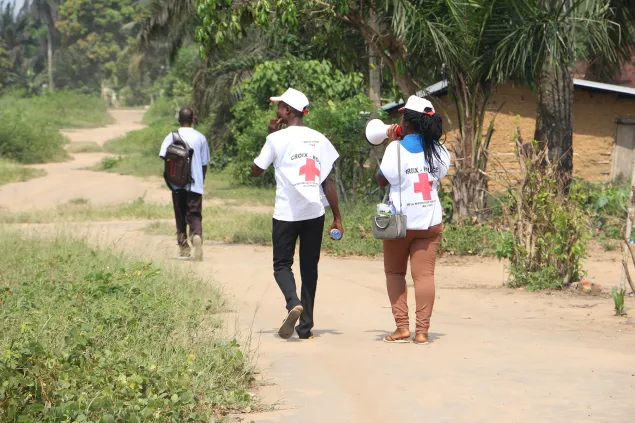
"Once we started sitting down more with community members, we were able to improve our approach," Paulin said. The ICRC's institutional strategy for 2019–2022 puts strong emphasis on keeping communities at the centre of the organization's action. One way to achieve that goal is by engaging with communities through sharing sessions, feedback mechanisms and participative action.
These techniques allow the people we support to become active partners in our programmes. That in turn increases their level of acceptance and trust towards humanitarian organizations," said Nisma Le Boul, an ICRC community engagement officer in Dakar.
Community engagement also helps keep humanitarian workers safer in the field. Once the their trust has been gained, local communities can be a vital source of information on security conditions, access routes and areas to avoid. According to Paulin Bashengezi, "Our approach helps make us one of the few organizations able to work in certain areas."
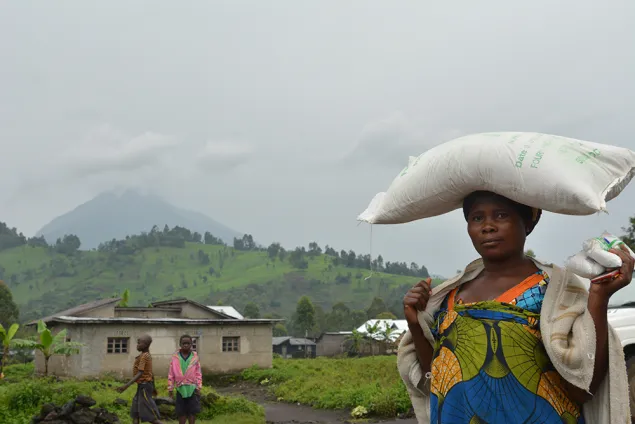
Good Communication Practices in Community Engagement outlines best practices applied in the DRC in 2019 and 2020, and includes QR codes that link to video examples. Available in English and French, the guide is a knowledge-sharing tool for humanitarian workers or anyone interested in community-focused humanitarian action.
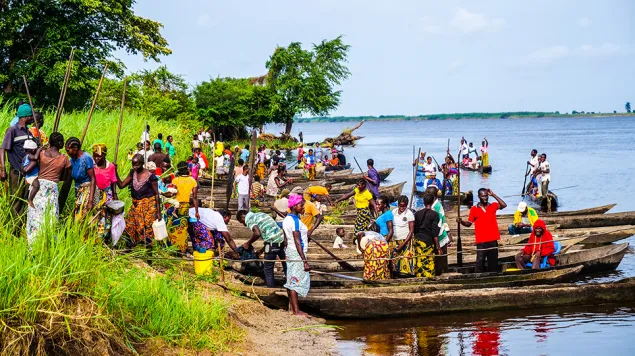
For more information, contact: Nana Dina Nakitebe, nnakitebemahano@icrc.org



